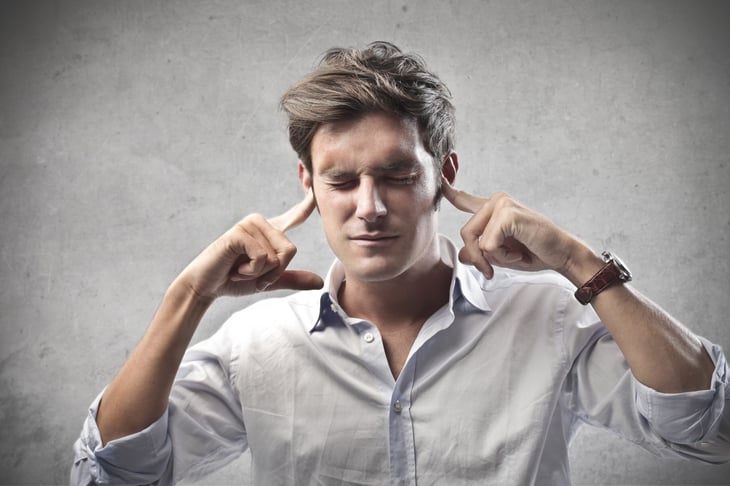
As we grow older, it’s natural to expect our hearing to decline.
Half of people age 75 and older have disabling hearing loss, according to the National Institute on Deafness and Other Communication Disorders.
However, hearing loss doesn’t have to be inevitable.
If you take the right steps, you can prolong your ability to hear much longer, joining the other half of older Americans whose hearing is relatively good for their age.
Following are some ways to protect your hearing — and why it is vital to do so.
Why it is vital to prevent hearing loss
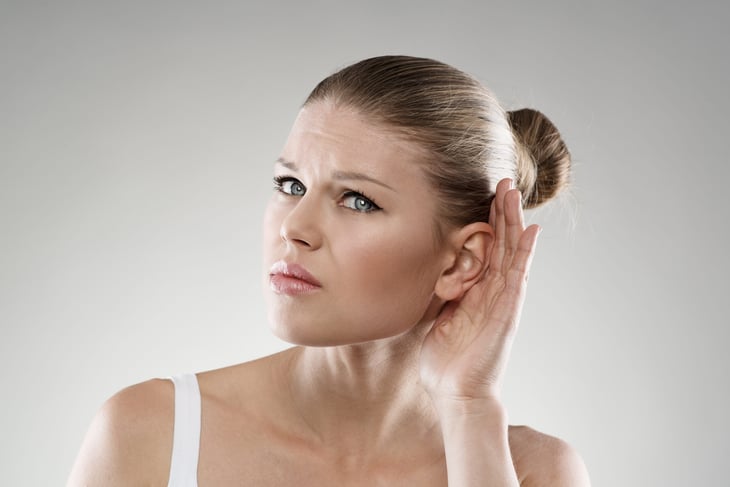
The main reason to protect your hearing is to preserve your ability to listen and to communicate with others. Hearing loss can make it more difficult to have conversations and may lead to social isolation and feelings of depression.
An inability to hear clearly also can impact your life in other important ways.
A growing body of evidence has found a strong link between hearing loss and dementia. In fact, some evidence suggests that hearing loss may actually cause dementia.
As Dr. Frank Lin — a Johns Hopkins expert who has studied the link between hearing loss and dementia — says on the John Hopkins website:
“Brain scans show us that hearing loss may contribute to a faster rate of atrophy in the brain. Hearing loss also contributes to social isolation. You may not want to be with people as much, and when you are you may not engage in conversation as much. These factors may contribute to dementia.”
Studies also have found a link between hearing loss and tinnitus, which includes ringing and other sounds in your ear.
Avoid sounds louder than 85 decibels
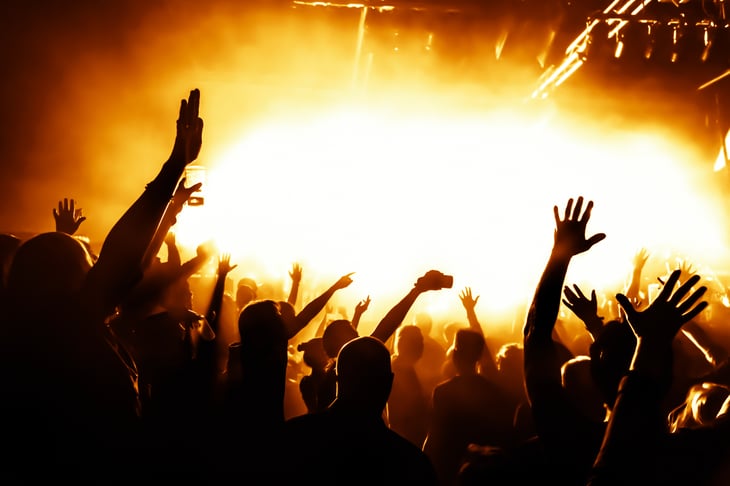
Perhaps the single best way to protect your hearing is to avoid loud sounds. Hearing damage can occur gradually over prolonged exposure to noise or suddenly from a loud burst of noise.
Experts say sounds louder than 85 decibels can permanently harm your hearing. Examples of noise at this threshold might include sitting in a noisy cafeteria or being stuck in noisy traffic.
Above this threshold is where noise really becomes dangerous, and here’s where you might be exposed:
- Motorcycle: 95 decibels
- Snowmobile: 100 decibels
- Chain saw, jackhammer, rock concert, symphony: 110 decibels
- Sandblasting: 115 decibels
- Ambulance siren, thunder: 120 decibels
- Firecracker, firearms: 140-165 decibels
If you are exposed to these types of sounds, get away from them if possible. At the very least, take breaks from the noise.
Wear protective devices
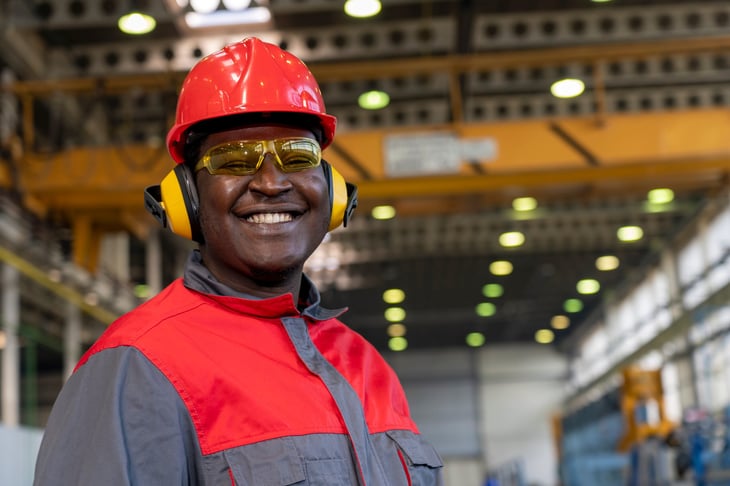
If you cannot remove yourself from excessive noise, you can still avoid damage by wearing protective devices that block out sound.
The cheapest solution is to use the type of foam earplugs you insert into your ears. These are widely available at drugstores and other retailers.
The Centers for Disease Control and Prevention calls these insert-type plugs “cheap, effective, and easy to use.” You will find instructions for how to use them properly at the CDC website.
The CDC recommends keeping extra earplugs with you whenever practical — such as in the glove compartment of your car — so they are available when you need them.
You can get even better protection by ordering custom-molded plugs that are designed to precisely fit the size and shape of your own individual ear canal.
Another good option is protective earmuffs that block out sound completely by covering your outer ear. Some people also use active noise-cancellation headphones.
Turn down the music
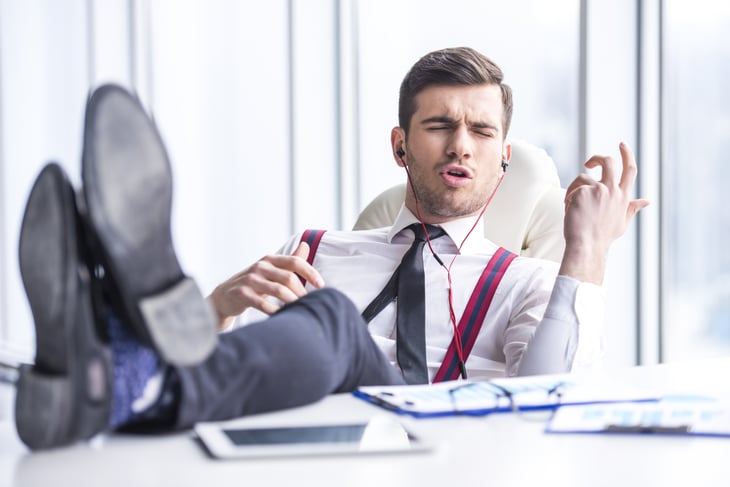
Listening to music is one of life’s pleasures. But it also poses dangers that might not be immediately apparent.
Over time, exposure to loud music can permanently damage your hearing. If you are in a room where music — or any noise — is so loud that you need to shout to be heard, the sound is too loud, the CDC says.
Listening to loud music through earbuds or headphones is another way to permanently damage your hearing.
So, whenever possible, turn down the sound. If you insist on listening to loud music, take listening breaks.
If you are at a concert, stay away from the source of the sound — such as a loudspeaker. This is especially important if you are attending with children, who may be more susceptible to damage. Even better, make sure everyone wears earplugs during the concert.
The CDC reminds you that damage to your hearing occurs before you notice symptoms such as pain or ringing in your ears.
